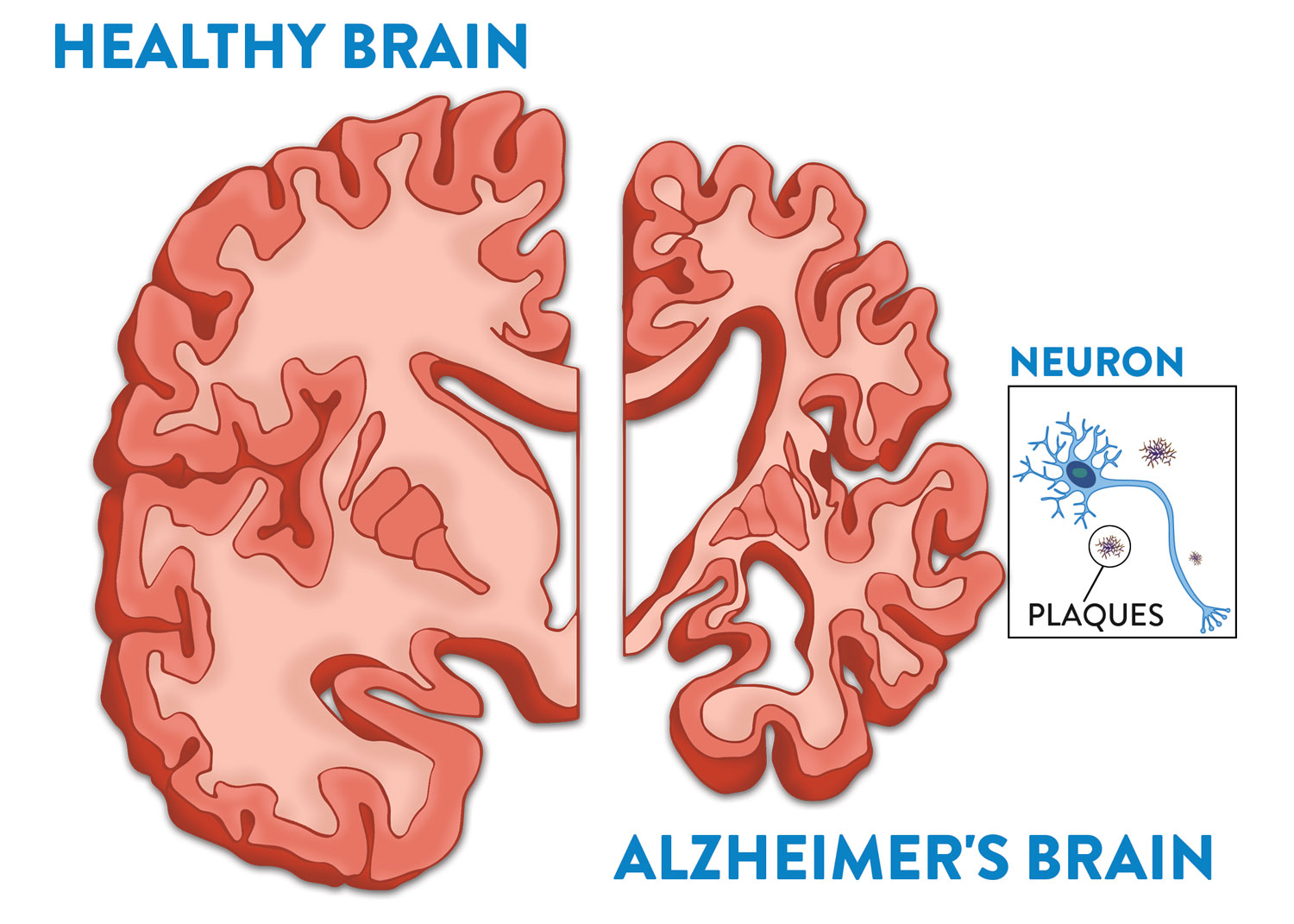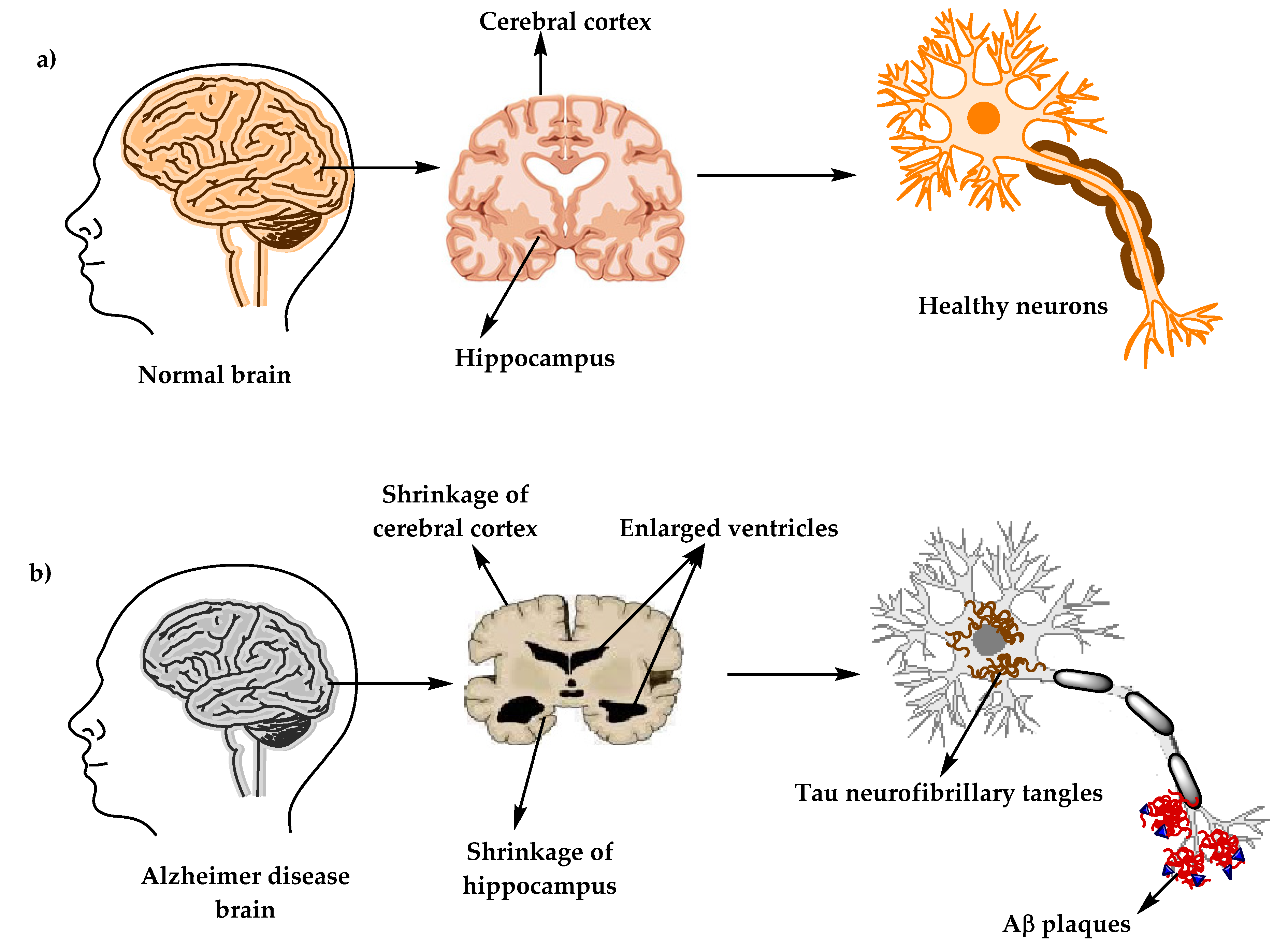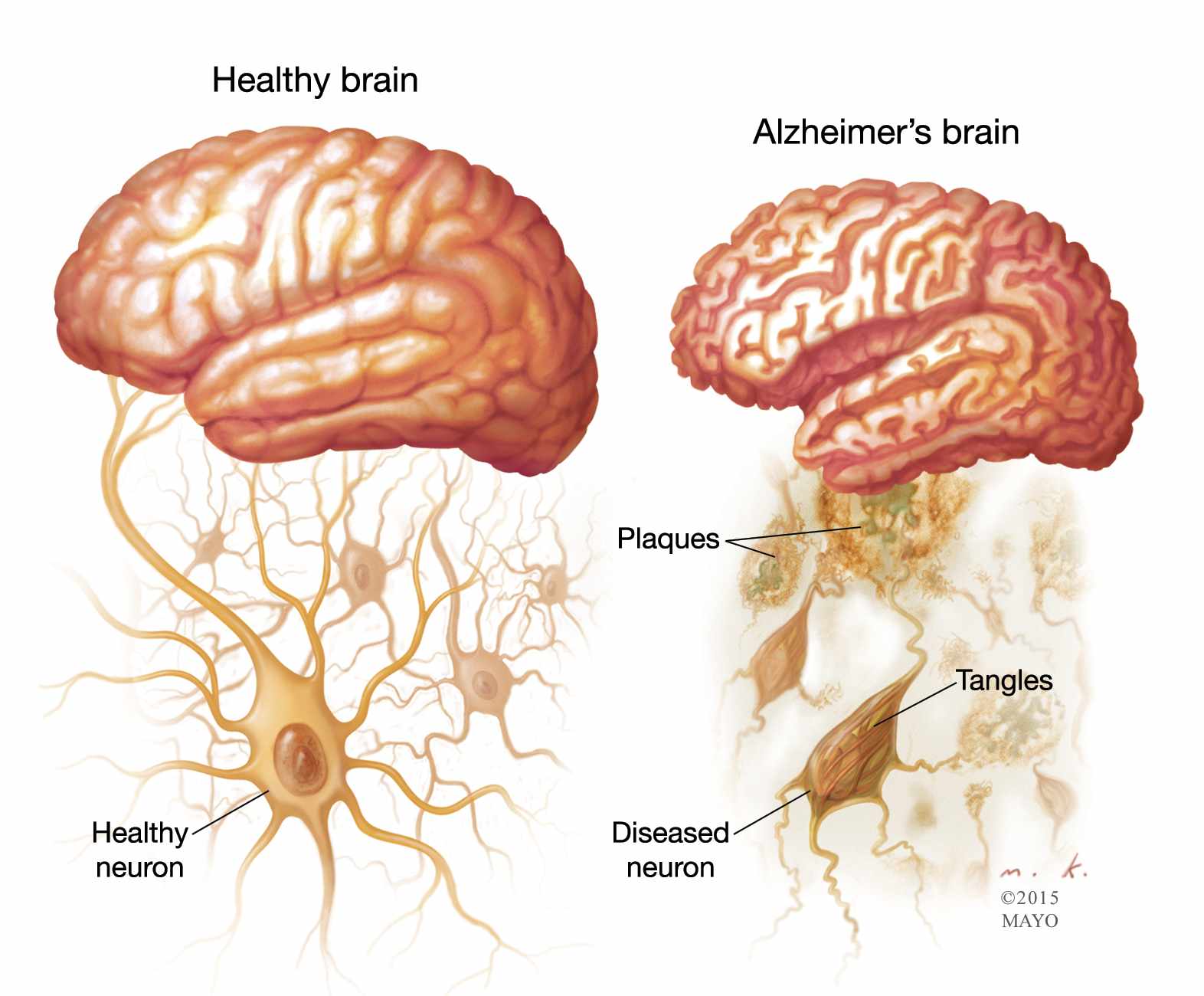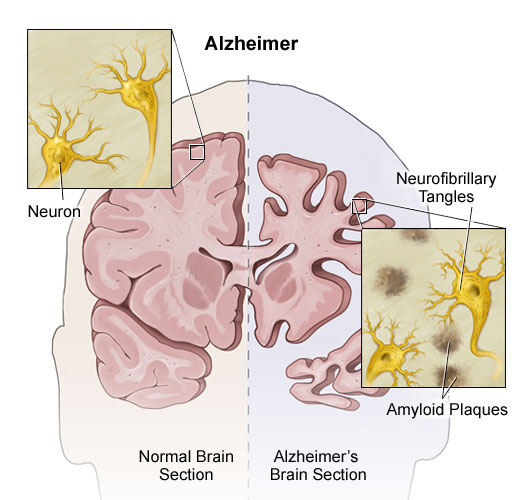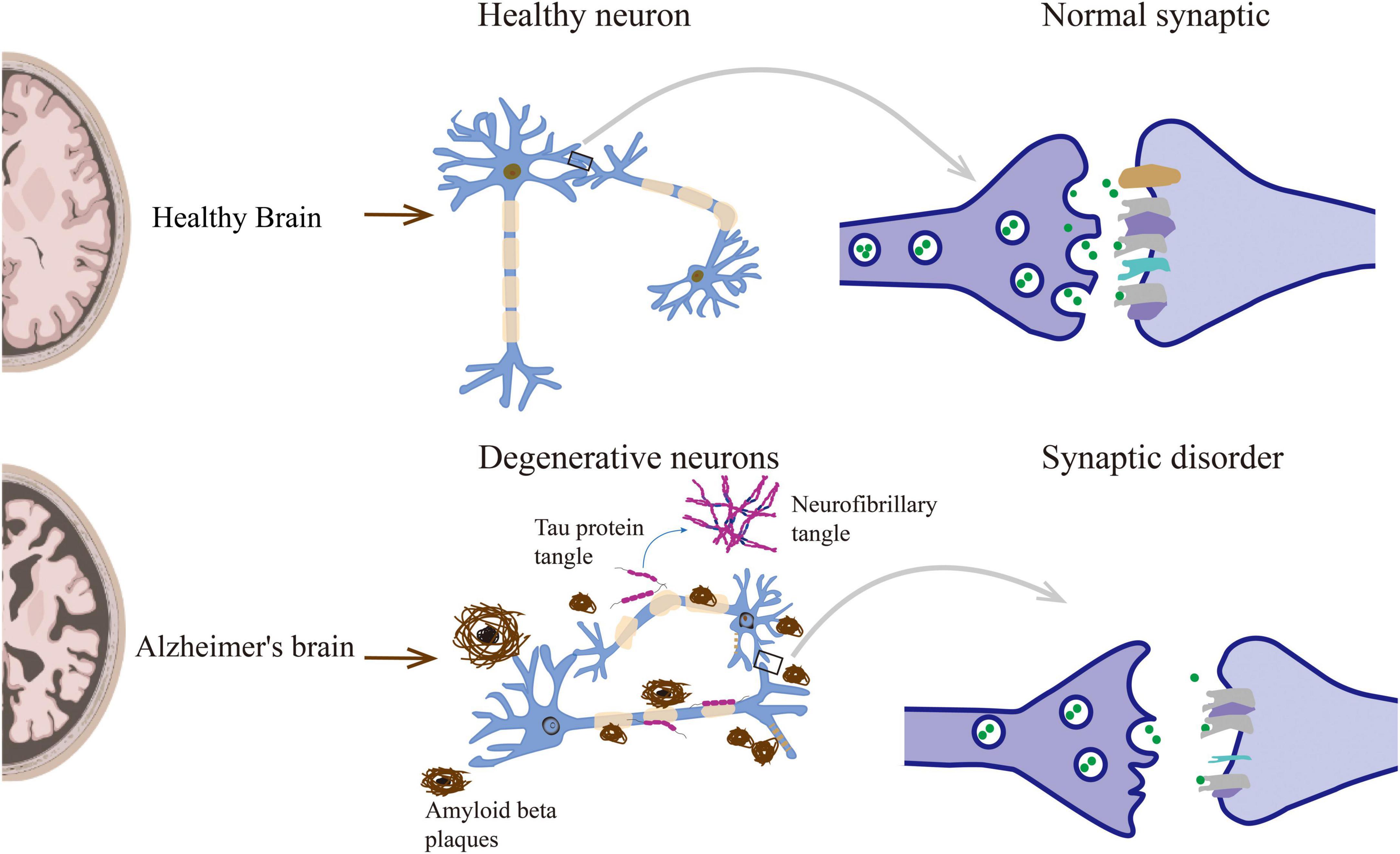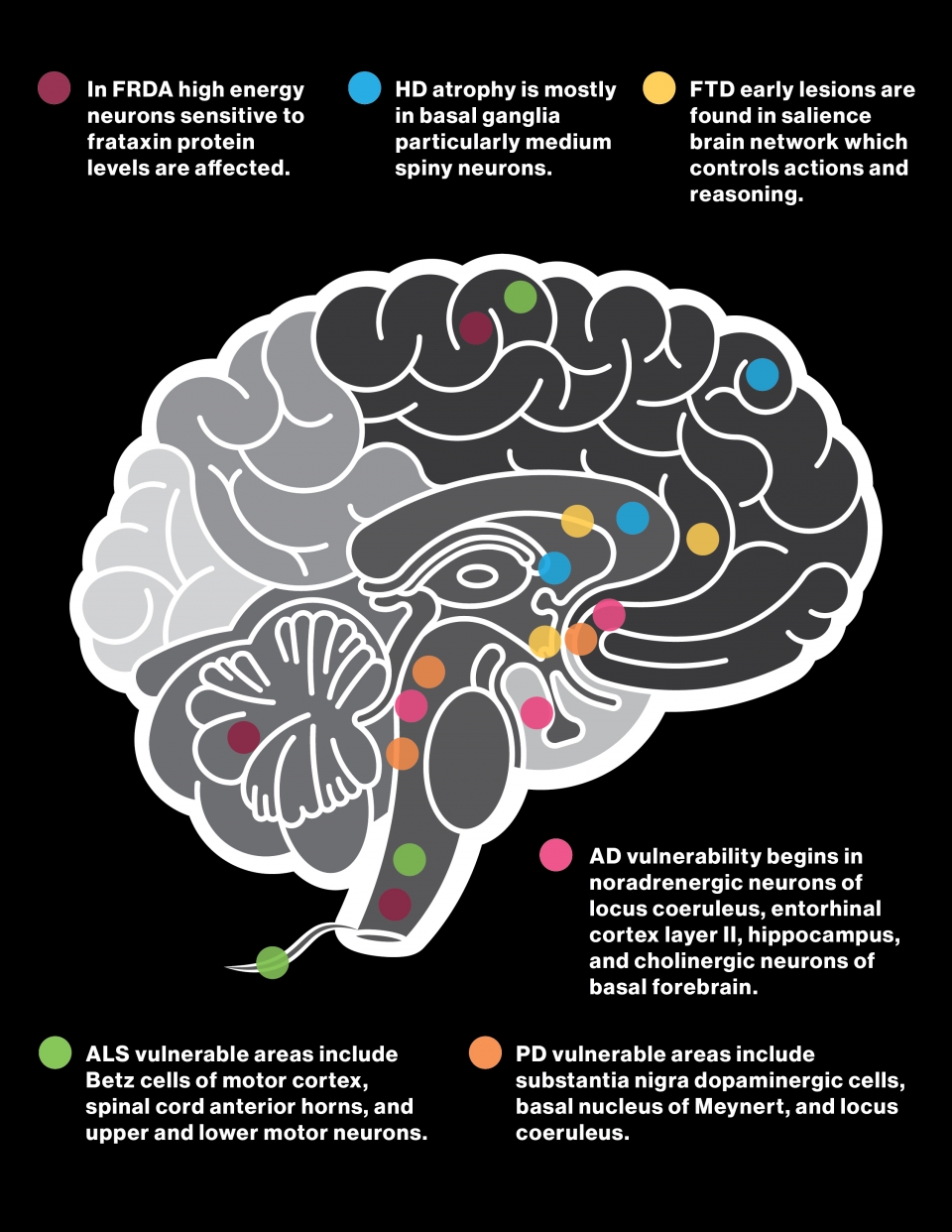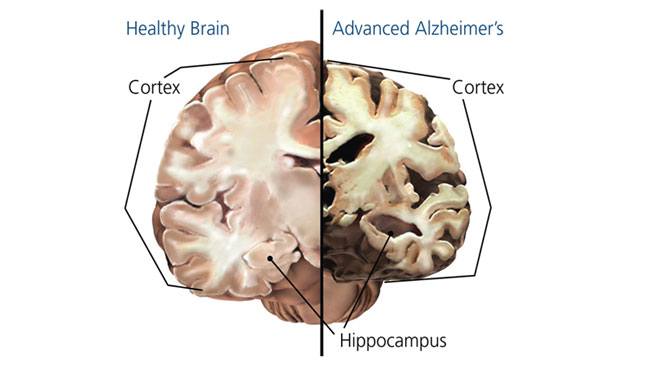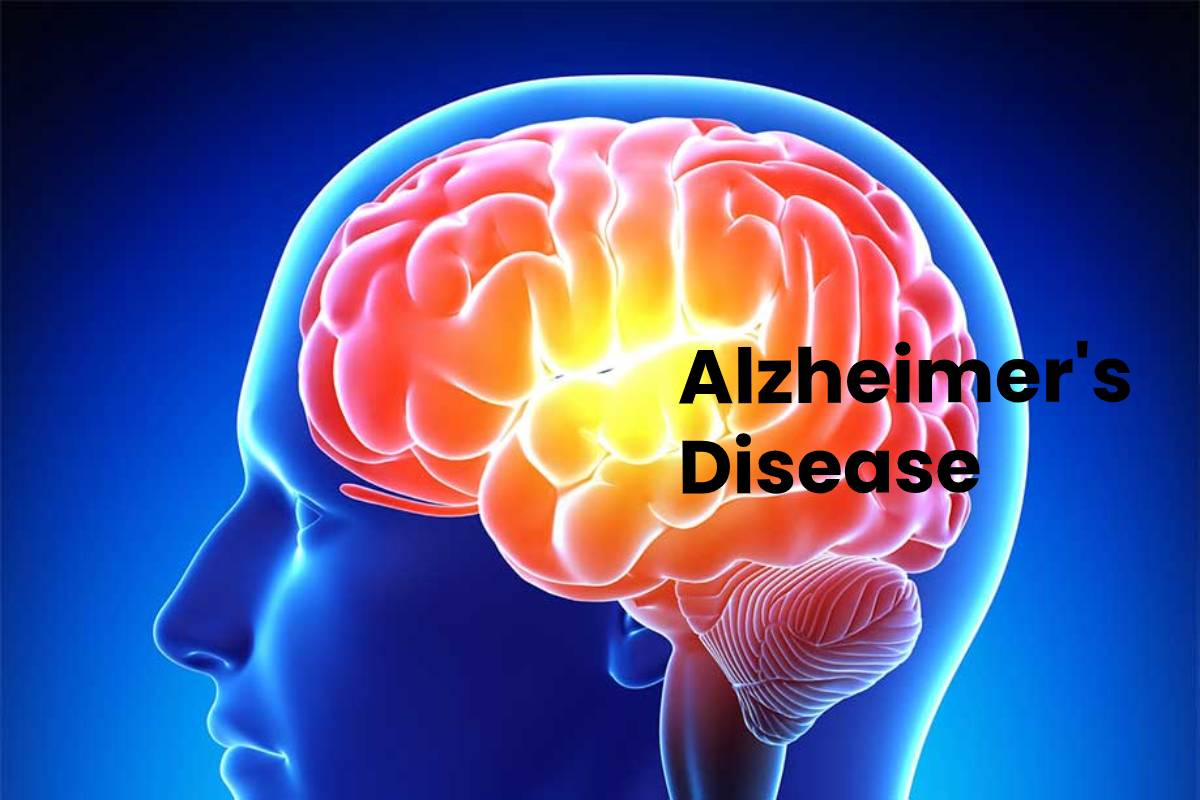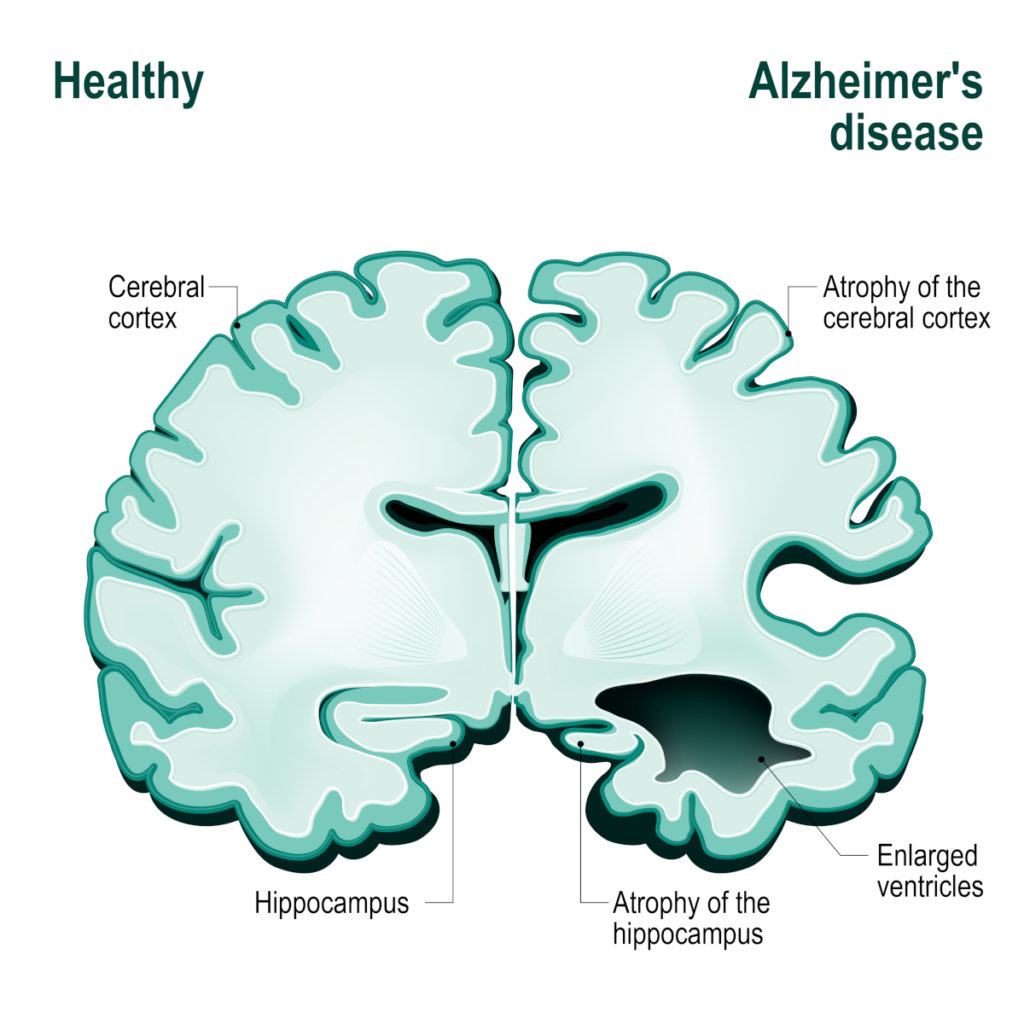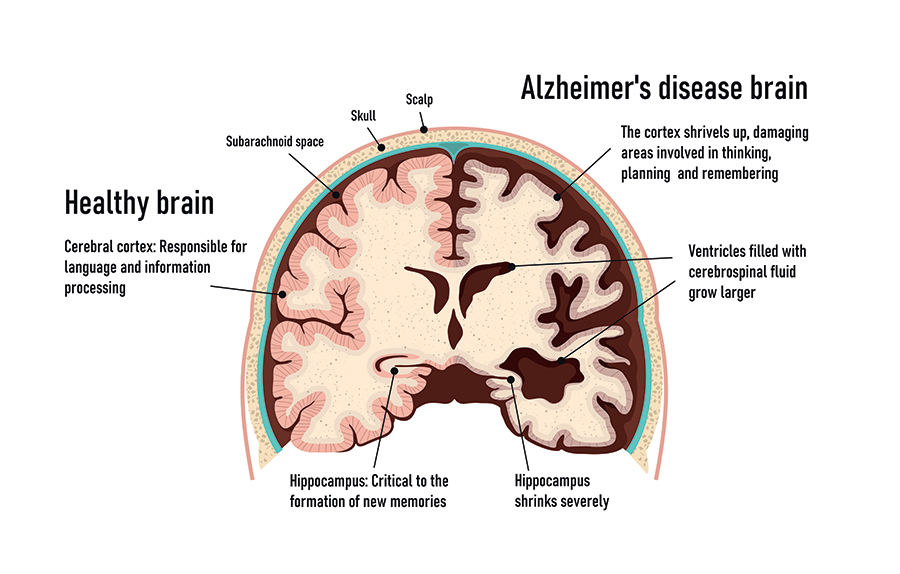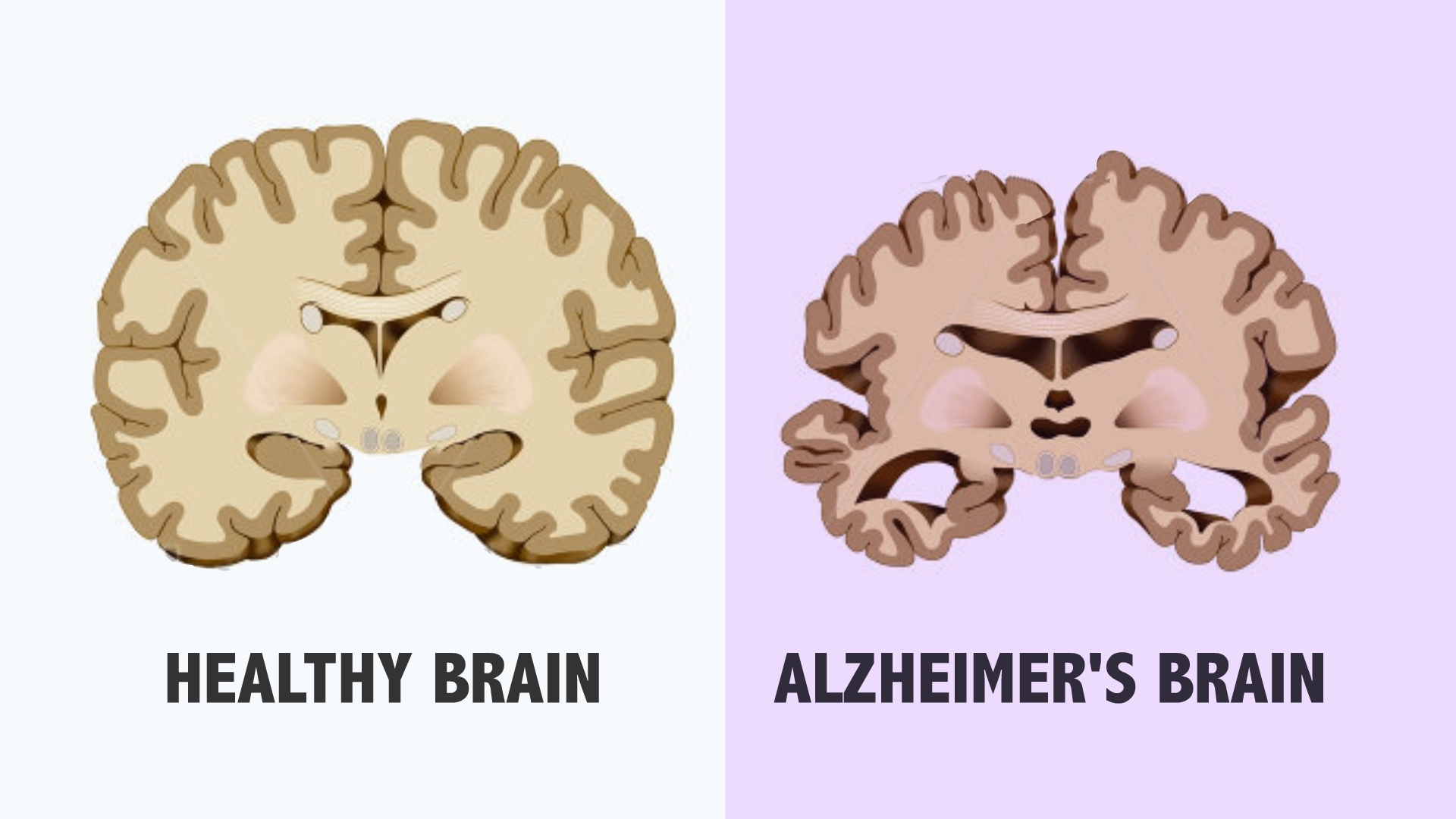People With Alzheimer Disease Have A Deficiency In Which Neurotransmitter

For decades, the relentless search for the biological roots of Alzheimer's disease has focused on identifying the key players involved in its devastating progression. While amyloid plaques and tau tangles have long been considered hallmarks, mounting evidence points to a critical deficiency in a specific neurotransmitter that profoundly impacts cognitive function.
This article examines the growing understanding of the role of acetylcholine, and how its depletion significantly contributes to the cognitive decline observed in Alzheimer's patients.
The Crucial Role of Acetylcholine
Acetylcholine is a neurotransmitter vital for learning, memory, and attention. It acts as a chemical messenger, transmitting signals between nerve cells in the brain and playing a critical role in the cholinergic system, which is heavily involved in cognitive processes.
Specifically, acetylcholine is produced in neurons found in the basal forebrain and projecting to the hippocampus and cortex, brain regions critical for encoding new information and recalling old memories.
Alzheimer's and the Cholinergic Hypothesis
The cholinergic hypothesis, first proposed in the 1980s, suggests that a deficiency in acetylcholine function is a primary factor in the cognitive deficits characteristic of Alzheimer's disease.
This hypothesis stemmed from observations that individuals with Alzheimer's exhibit a significant loss of cholinergic neurons in the basal forebrain and a reduction in acetylcholine levels in the brain.
Evidence Supporting the Cholinergic Hypothesis
Several lines of evidence support this theory. Post-mortem studies of Alzheimer's patients consistently show a marked decrease in the activity of choline acetyltransferase (ChAT), the enzyme responsible for synthesizing acetylcholine.
Furthermore, research has demonstrated a correlation between the severity of cognitive impairment and the degree of cholinergic dysfunction.
Imaging studies using PET scans have also revealed reduced acetylcholine activity in key brain regions of individuals with Alzheimer's, even in the early stages of the disease.
Current Treatments and Future Directions
The cholinergic hypothesis has led to the development of cholinesterase inhibitors, which are currently the primary class of drugs used to treat the cognitive symptoms of Alzheimer's disease.
These medications, such as donepezil, rivastigmine, and galantamine, work by blocking the enzyme acetylcholinesterase, which breaks down acetylcholine in the synapse.
By inhibiting this enzyme, these drugs increase the availability of acetylcholine in the brain, thereby improving cognitive function to a limited extent and temporarily alleviating some of the symptoms.
Limitations of Current Treatments
However, cholinesterase inhibitors only provide symptomatic relief and do not address the underlying disease process. Their efficacy is also limited, and they do not halt or reverse the progression of Alzheimer's.
Many patients experience side effects, and the benefits tend to diminish over time.
Future Research
Ongoing research is exploring new strategies to enhance cholinergic function and to protect cholinergic neurons from degeneration. Scientists are investigating novel drugs that directly stimulate acetylcholine receptors, as well as therapies aimed at promoting the growth and survival of cholinergic neurons.
Another promising area of research involves combining cholinergic therapies with other approaches that target amyloid plaques and tau tangles, with the goal of developing a more comprehensive and effective treatment for Alzheimer's disease.
“The cholinergic system remains a critical target for therapeutic intervention in Alzheimer's disease. While current treatments have limitations, ongoing research holds promise for developing more effective strategies to restore cholinergic function and improve cognitive outcomes,” said Dr. Emily Carter, a leading researcher in neurodegenerative diseases at the National Institute of Neurological Disorders and Stroke (NINDS).
Impact on Society
Alzheimer's disease poses a significant public health challenge, affecting millions of individuals worldwide and placing a tremendous burden on families and healthcare systems. Understanding the role of acetylcholine in Alzheimer's is crucial for developing more effective treatments and improving the quality of life for those affected by this devastating disease.
Continued research into the cholinergic system and other potential therapeutic targets is essential for combating this growing global health crisis.
The depletion of acetylcholine is not the only factor contributing to Alzheimer's, as complex interplay between various pathological processes is involved, including amyloid plaques, tau tangles, and neuroinflammation.
However, the profound impact of acetylcholine deficiency on cognitive function underscores its importance as a key target for therapeutic intervention.
